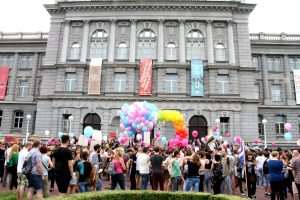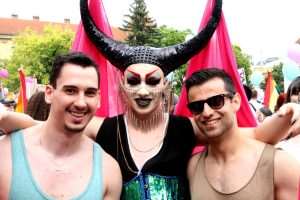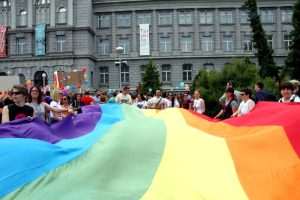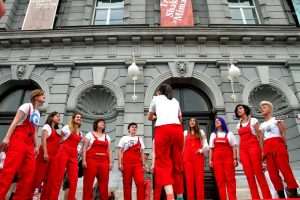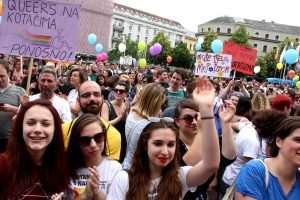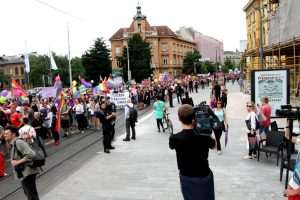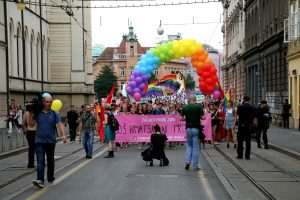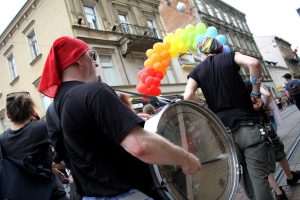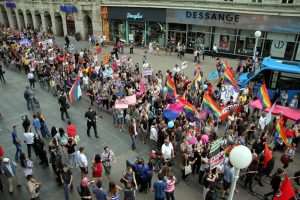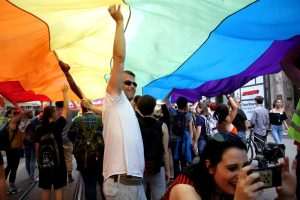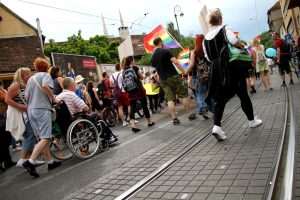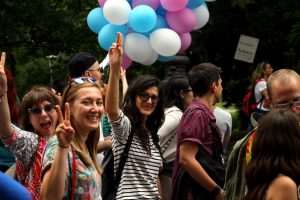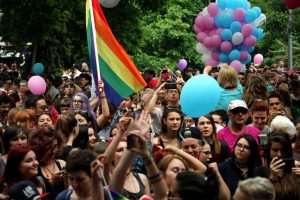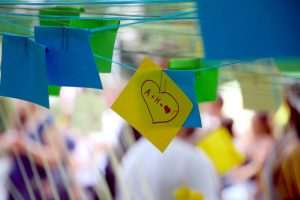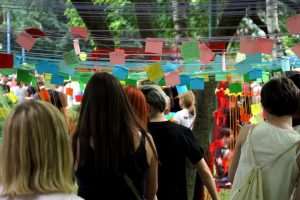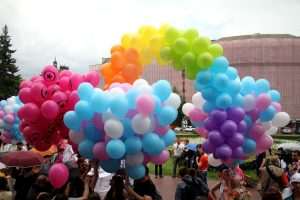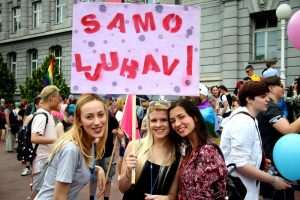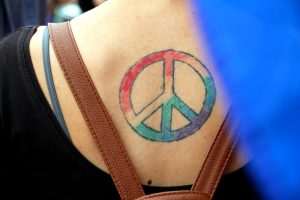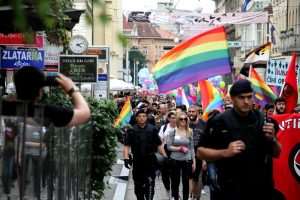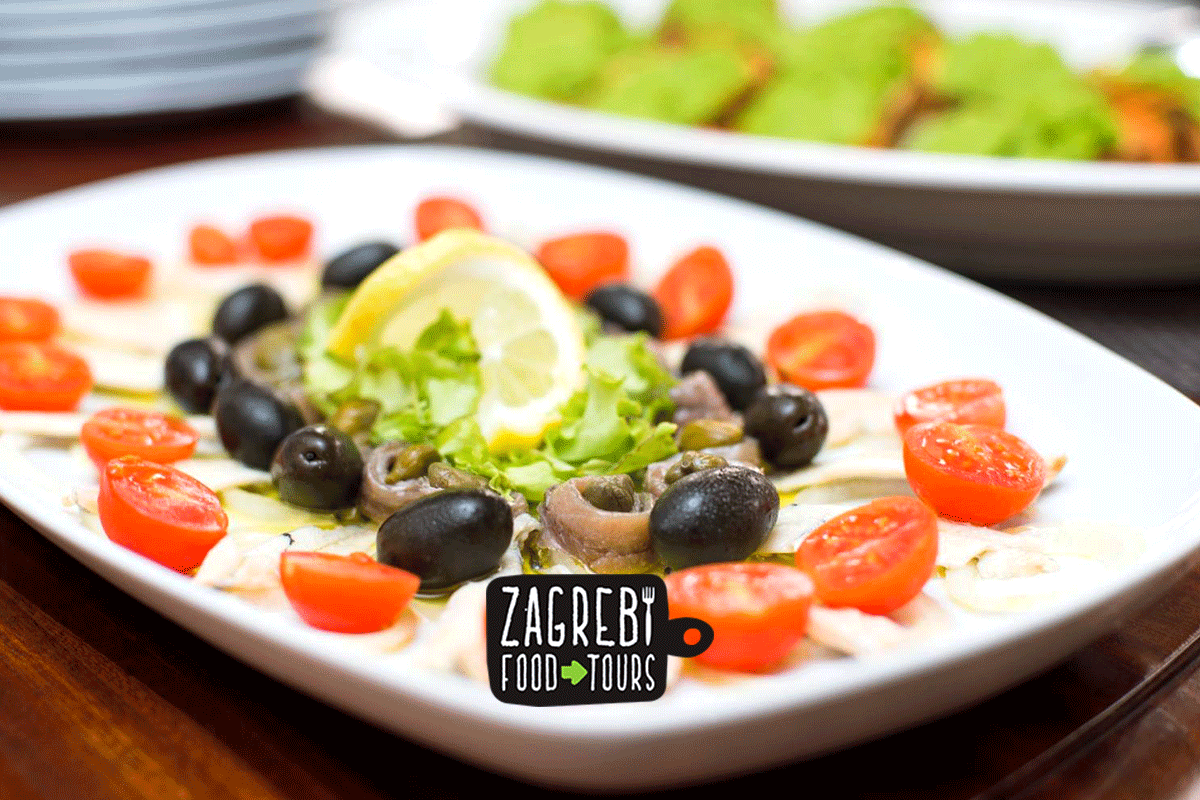Around 10 000 people have marched trough the streets of Zagreb this Saturday, June 11th, for the 15th Zagreb Pride. The march started from Mimara museum, went trough Frankopanska and Ilica streets to ban Jelacic square, and from there to Ribnjak park where the main part of the program was set with open air concerts and picnics. When the first Zagreb Pride was organized 15 years ago, the streets were filled with violent protesters from all over the country and heavy police forces were needed to keep the participants of the Parade safe.
Homosexuality was deemed illegal during the rule of the communist party, a law that was not perpetuated when Croatia had declared its independence in the 90ies. Still, with Catholicism as the dominant religion in Croatia – a new democracy with newly found freedom of religious expression, the Church was an influential force that did not and does not look kindly on same sex relationships. When the first Pride was organized, most people did not know what to expect and were acting on fear based biases.
Each Pride since then has seen less and less opposition and most of the participants on the last four or so parades were straight people showing support to their fellow citizens and celebrating differences in general. There are organized and Church sponsored anti-gay initiatives that gather support from a fair amount of people, with their activities peaking in 2013, when a national referendum was held to constitutionally define a marriage as a union between a man and a woman.
The referendum passed with 65.87% for the definition and 33.51% against it, with the turnout of 37.90%. The efforts were a part of Europe wide coordination of such activities, dominantly active in catholic countries, with many elements of the campaign being taken from similar more organized counterparts in other countries. Churches, nursing homes and other Church related institutions and NGOs were the main agitators for turnouts, and petition hot spots.
Throughout the process of gathering signatures for the referendum, the organizers had claimed that their intent was not to ban gay marriage but to reaffirm traditional family values. When a law regulating same sex civil union had passed in the Parliament that same year, the initiators of the referendum had demanded it be nullified, calling it ‘a trick played on the will of the people by the government, and a disregard for the constitution’. The law was not nullified, and Zagreb Pride has had a record turnout that year.
There were no incidents on this year’s Pride, and instead of mobs of angry young men from 15 years ago, the participants were greeted with applause or, at worse, curious looks from people that did not know it was happening that day.


